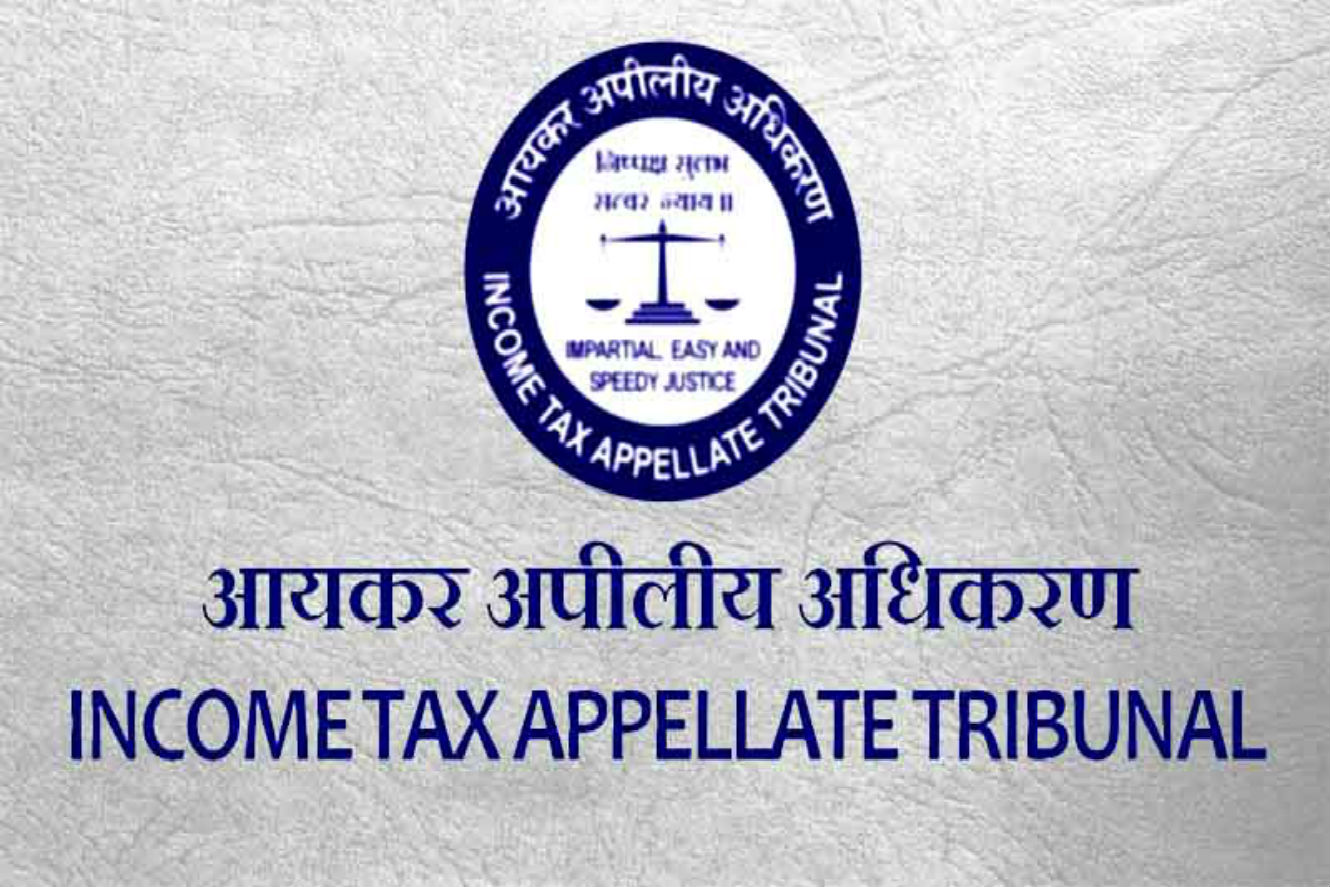1. This Civil Revision Petition is directed against the order dated 27 August, 2012 in E.P.No.43 of 2008 in O.S.No.49 of 1999, allowing the
petition filed by the respondent to deposit the amount indicated in the judgment in S.A.No.715 of 2007, to the credit of the Execution Petition to
get the sale deed executed through Court.
Brief Facts: 2. The petitioner filed a suit in O.S.No.49 of 1999 before the District Munsif, Coonoor, Nilgiris, for permanent injunction against the
respondent in respect of the property, which originally belongs to Thiru.V.B.Boja Gowder, father of the petitioner.
3. The suit was dismissed by the Trial Court. The related first appeal in A.S.No.33 of 2006 was dismissed by the Subordinate Court, Nilgiris at
Udhagamandalam. The petitioner filed second appeal before this Court in S.A.No.715 of 2007. The parties have settled the matter during the
currency of the second appeal. The respondent agreed to purchase the suit property for a sum of Rs.1,40,000/- (Rupees One lakh forty thousand
only), subject to the condition that the amount shall be paid within 4 weeks, failing which, it was indicated that there would be a decree of
injunction as prayed for in the suit. The second appeal was disposed of in terms of the Memorandum of Compromise, dated 24.09.2007.
4. The respondent sent a letter to the petitioner to receive the amount before the date prescribed in the Memorandum of Compromise recorded in
the second appeal. Thereafter, the respondent filed a petition before the Executing Court to deposit the money. The Executing Court allowed the
said petition and permitted her to deposit the amount, notwithstanding the objection taken by the petitioner that the deposit was not made within
the time prescribed by the Court in S.A.No.715 of 2007. Feeling aggrieved by the order dated 27 August, 2012, the unsuccessful respondent in
E.P.No.43 of 2008 is before this Court.
Submissions: 5. The learned counsel for the petitioner contended that this Court passed a compromise decree in S.A.No.715 of 2007. The decree
stipulates that payment has to be made within four weeks. In case, the respondent failed to pay the amount, she would be restrained from
interfering with the peaceful possession and enjoyment of the property by the petitioner. It was a self-working order and as such, the order of
injunction would come into play the moment the outer time limit for payment expires. The learned counsel contended that the Executing Court
committed a jurisdictional error by permitting the respondent to deposit the amount, notwithstanding the expiry of the prescribed period.
6. The learned Counsel for the respondent supported the order passed by the learned Trial Judge. According to the learned Counsel, a letter was
issued before the expiry of the prescribed period, indicating the willingness of the respondent to pay the amount. The petitioner failed to respond
and as such, the respondent filed a petition before the Executing Court. According to the learned Counsel, the letter dated 22 October 2007
should be taken as willingness to pay the amount. The Executing Court was therefore correct in allowing the petition.
Discussion: 7. The petitioner and the respondent were parties to the second appeal in S.A.No.715 of 2007. The parties have compromised the
matter, in and by which, the respondent agreed to pay a sum of Rs.1,40,000/-, within a period of four weeks. This Court passed a compromise
decree on 25.09.2007 in S.A.No.715 of 2007. The respondent was expected to pay the amount on or before 24.10.2007. It is a matter of
record that even before the expiry of the outer time limit fixed for payment, the respondent had sent a letter to the petitioner on 22.10.2007
expressing her willingness to pay the agreed amount. The respondent called upon the petitioner to indicate the date when he would be ready to
execute the sale deed. The petitioner appears to have evaded the letter. The respondent therefore filed a petition before the Executing Court to
deposit the amount.
8. There is no dispute that the petition in E.P.No.43 of 2008 was filed after the expiry of the period prescribed for payment in S.A.No.715 of
2007. It is also a matter of record that the letter sent by the respondent, dated 22.10.2007 was received by the petitioner on 25.10.2007. The
petitioner failed to respond to the request made by the respondent. The letter showing her willingness to pay the amount was received by the
petitioner before the cut off date prescribed for payment. The subsequent petition for deposit of the money has to be taken in the light of the letter
dated 22.10.2007, which was received by the petitioner on 25.10.2007. The respondent, substantially complied with the direction contained in the
decree by expressing her readiness to pay the amount by letter dated 22.10.2007. The petitioner, for the reasons best known, failed to respond to
the letter, which was received by him on 25.10.2007.
9. The order passed by the Executing Court indicates that the respondent received a copy of the judgment in S.A.No.715 of 2007 on 14.11.2007
and immediately thereafter, took a Demand Draft for a sum of Rs.1,40,000/- on 19.11.2007. The Demand Draft was sent to the petitioner by
Registered Post on 20.11.2007. The petitioner refused to receive the registered cover and as such, it was returned to the respondent. The
respondent, thereafter, filed petition before the Executing Court to deposit the amount.
10. The respondent has shown her bonafides in depositing the amount pursuant to the decree in S.A.No.715 of 2007. The learned Judge
considered the factual matrix and rightly allowed the petition in E.P.No.43 of 2008. I do not find any error or illegality in the order warranting
interference by exercising the jurisdiction conferred under Article 227 of the Constitution of India.
11. In the up shot, I dismiss the Civil Revision Petition. No costs. Consequently, connected miscellaneous petition is closed.

